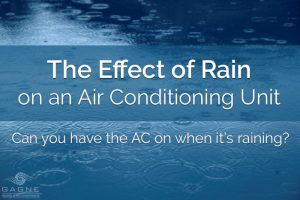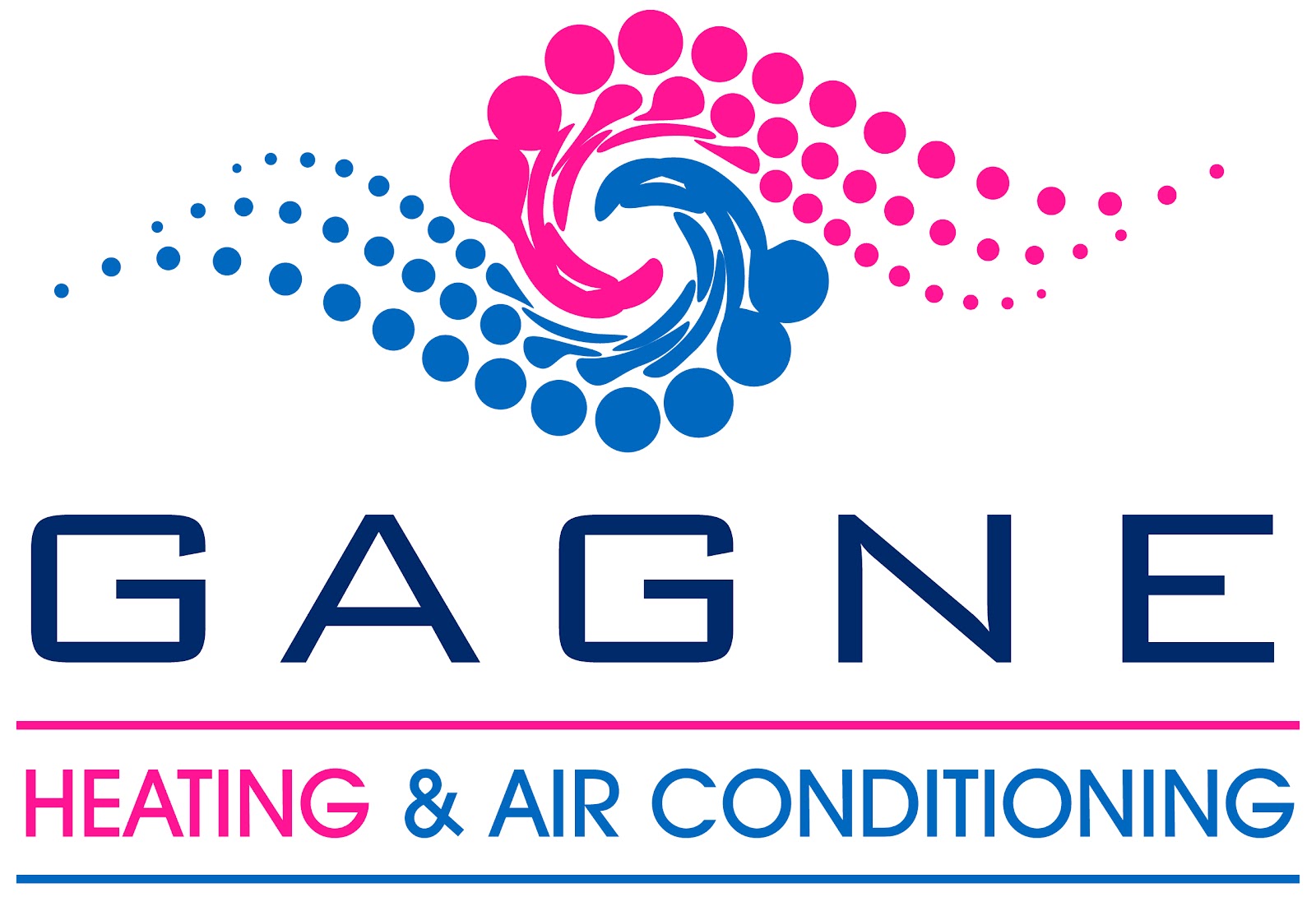
It has been an unseasonably wet summer this year in the Southeast. First, we had Tropical Storm Andrea drop as much as 7 inches of rain in metro-Atlanta and surrounding areas, and on top of that there has been close to daily thunderstorms and rain showers popping up all over middle and North Georgia.
And we aren’t the only ones saying so.
University of Georgia climatologists reported June to be one of the wettest in Athens history, beating out the normal rainfall for the entire month of June by five inches in the first two weeks. In fact, Atlanta has already gotten more rainfall in 2013 than all of last year, and the year is only half over!
With all this precipitation, we have families and businesses asking us how, and if, it affects their air conditioning units, and what they can do to protect their heating and cooling system. If you’ve also wondered about the effect of rain on your A/C unit, keep reading below to find out the answers.
Does rain damage my outdoor air conditioning unit?
The simple answer is no. Despite the fact that most A/C units are exposed to the elements, they are designed so that water and other types of precipitation, like snow and hail, cannot reach the parts of the system that would be damaged by getting wet.
Should I cover up my central AC unit?
Whether or not you cover your outside unit is up to you. While covering a unit can protect the painted cabinet from weathering, and keep leaves and sticks from getting into the side vents during the fall season, rain has no negative effect on the performance of a unit.
However, if you feel that you absolutely must cover up your unit for protection, you can look into specially designed covers sold by your A/C unit’s manufacturer. These covers are made with breathable material.
Never cover your unit with a plastic tarp or garbage bag. The plastic traps condensation and moisture inside your unit, which leads to rust that will corrode the interior of the system and cause it to break down sooner. Plastic also encourages the growth of mold and mildew, and can make your unit an appealing nesting place for insects and small vermin.
Another cheaper option for preventing rain from getting into your unit’s vents is to place a piece of wood across the top, leaving the side vents open for proper ventilation. Just be sure to place a brick or heavy rock on top to anchor it against the wind.
If you can’t decide whether or not to cover your A/C unit from the elements, consult the owner’s manual that came with it, or ask a licensed Georgia air conditioning contractor by giving us a call today.
Stay dry out there!
